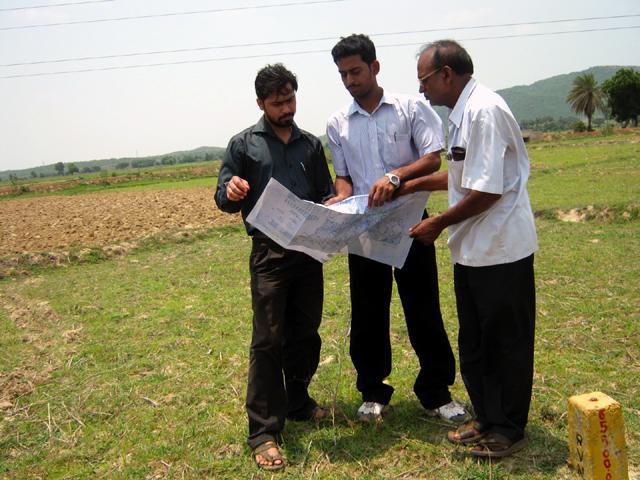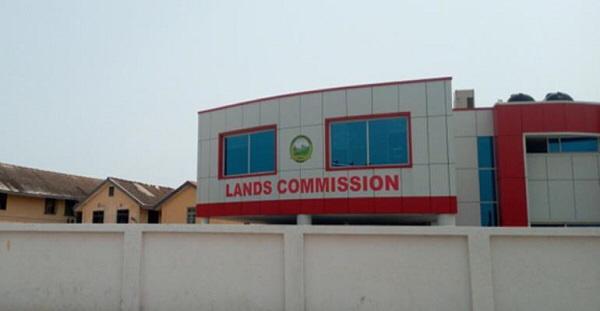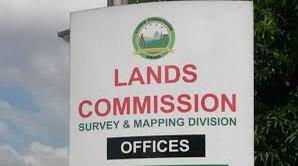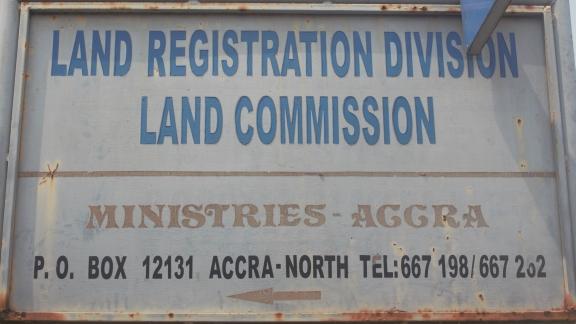Buying Litigation Free Land in Ghana
January 13, 2021
In Ghana, Land is mainly owned through ethno-tribal and family ties, with chiefs, kings and queen mothers acting as trustees and deciding on behalf and in trust for a group/family. Generally, there are two types of lands in Ghana: Customary Land and Public Land. However, you may also come across some individual lands but are not common.
Customary Land is made of 80% of lands in Ghana and is sub divided into Stool land and Family land. This type of land has the occupant of the stool or the head of the family making decisions for and in trust of the group/family. The consent of the occupant of the stool or the family head, who act in concert with elders or members of the family is required before purchasing this type of land. Hence, anyone interested in purchasing this type of land must be wary of the fact and act accordingly.
Public land on the other hand represents 20% of lands in Ghana, and can be sub –divided into state land and vested land. State land is primarily for the state, which is often used to undertake developmental projects that will benefit the entire nation, the government has absolute control over it. Vested land is land which originally belonged to the community or a group and was later declared as vested to the state, where the state has been vested with the right and authority to decide for and in trust on behalf of the community. However, the process of acquiring either of them needs concurrence from the regional lands commission.
In recent times, the huge housing deficit in Ghana has compelled many Ghanaians to acquire land to build their own houses and save them from high cost of renting in the major city. Land owners have taken advantage of this to sell a parcel of land to multiple buyers and creating land litigation problems in Ghana.
How would you know the interest in the title you are acquiring is genuine? How would you know the land you are purchasing is a litigation-free land? What must you do to avoid buying the wrong land? What are the processes you need to go through to get you out of this tussle?
All the answers and processes you need to go through to avoid buying a litigated land are provided in this article. In the remaining paragraphs, I will show you systematically what you need to do to get a land devoid of litigation.
Identify the Identity and Capacity of the Vendor
The first thing you need to do when you come into contact with any vendor who sells land is to ask for his identity and capacity in which he/she is selling the said land. Normally, when he is an agent, he/she should be able to provide you with the site plan, power of attorney and other documentation in relation to the land in question. If the vendor claims to be the leader of a group/family, or an occupant of the stool, he/she should be able to provide documentary evidence as the right person to deal with.
After knowing his/her capacity, you proceed to ask for his/her identification such as Passport identification, Voters identification, Driver’s license or any national identification and make photocopies of each of them. This is to help you know the person you are dealing with and also, your ability to trace his/her identity in case the deal goes wrong.
Site Inspection and Due Diligence

What is important after identifying the capacity and identity of the vendor is to go to the site with the seller/vendor to physically inspect the land. The site inspection will help you know the type of land (Water-log, dry land etc.) you are buying, and also help you see the surrounding environment and the general topography of the land.
You are advised to visit the site alone again when you are free. At this point, you have a great opportunity to ask your would-be neighbors questions like, “The history of the land, and also whether or not the land in question is free from land litigation.’’ The answers you gather will give you a fair idea of what to do afterwards.
Conduct a Search/Title Investigation

Once the site viewing and due diligence on the land is done, the next most important thing to do is to take a copy of the site plan from the Vendor or seller and conduct a search at lands commission. At lands commission, you will be conducting three searches; Public Vested Land Management Division (P.V.L.M.D) search, Survey and Mapping Division (S.M.D) search and Land Registration Division (LRD)search.
Public and Vested Land Management Division Search
Public and Vested Land Management Division search is to enable the buyer know the type of land he/she is purchasing, either public or customary land. This is very important because the process of acquiring each of them varies. For instance, Public lands need authorization from regional lands commission, and also you must deal directly with a governmental body, not just an individual. And so, when the search reveals public land but the vendor in question is an individual, you must rescind your decision of buying that land from the individual and rather seek help from the right authorities.
Survey and Mapping Division Search

Survey and Mapping Division Search is to enable you to know whether or not the land you are about to acquire is plotted or not. The search will also help disclose survey activities on the land and any application for title of the land in question from other parties. However, it is advisable to send a Licensed surveyor there yourself to survey the land and compare it to the site plan given to you by the vendor. This will help you know whether or not the site plan given to you by the vendor is for the land in question. People normally give site plan for different lands, and your search at the survey and mapping may reveal that the land is plotted but actually it may not be the land you are about to buy. So to be on the safer side, send your own licensed and qualified surveyor to plot the land and later send the site plan from your surveyor to survey and mapping division to conduct search on the site plan. Even though getting your own surveyor from the survey and mapping division comes at a cost, but it is worth it.
Land Registration Division Search

A search at the land registration division will help the buyer to authenticate the ownership certificate tendered in by the vendor/ seller. At the land registration division, you will also be informed whether or not the land is registered, and in whose name it is registered. Vital information like this will guide the buyer in making the right decision.
Some of the lands are not registered and the seller may convince you to buy and register afterward. This is normally dangerous because the risk involved is very high. It is so because the seller may end up going behind to sell it to another buyer and the one who eventually registers first at the land registration division of the Lands commission becomes the true owner of the land in question. So, it is always advisable to buy registered land. When the land in question is not registered, kindly suggest to the seller to register before any transaction is done.
Sales and Purchase Agreement
The sales and purchase agreement is a legal document that has the name of both parties (BUYER AND SELLER), dimension and location of land, Price of the land and the payment plan. Executing the sales and purchase agreement is the final stage you need to go through to get the deal closed, so you are advised to seek the help of a lawyer and if possible, use him as a witness in executing the sales and purchase agreement document. Before signing the document, make sure you go through the documents thoroughly and understand everything it entails.
It is advisable to choose an installment payment plan for the purchase of the land. This will help you hold on to subsequent payment once you start receiving threats after visiting the land to undertake any activity.
The general guidelines provided, if followed, will help you in buying the right land. For further inquiries, kindly contact the number below.
Joseph Koba
Real Estate Marketer
[email protected]
0206807856
